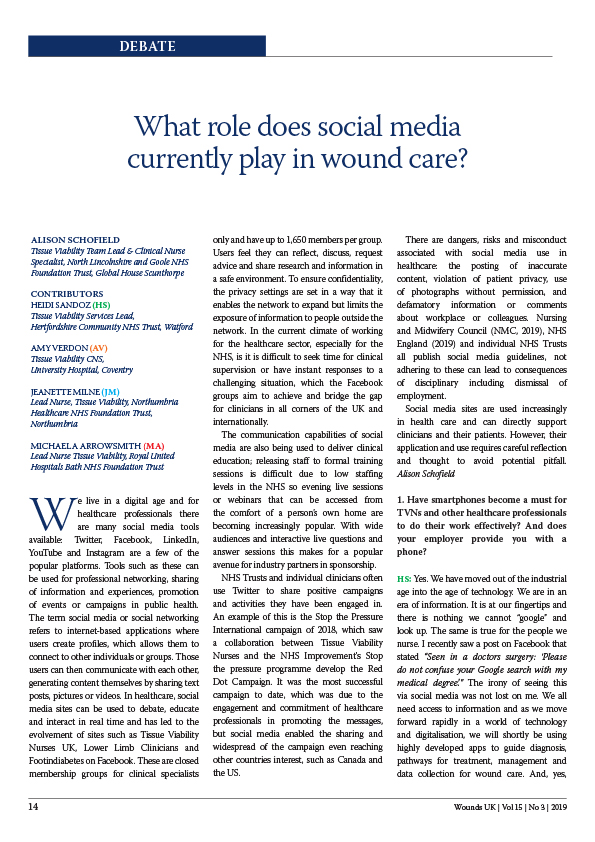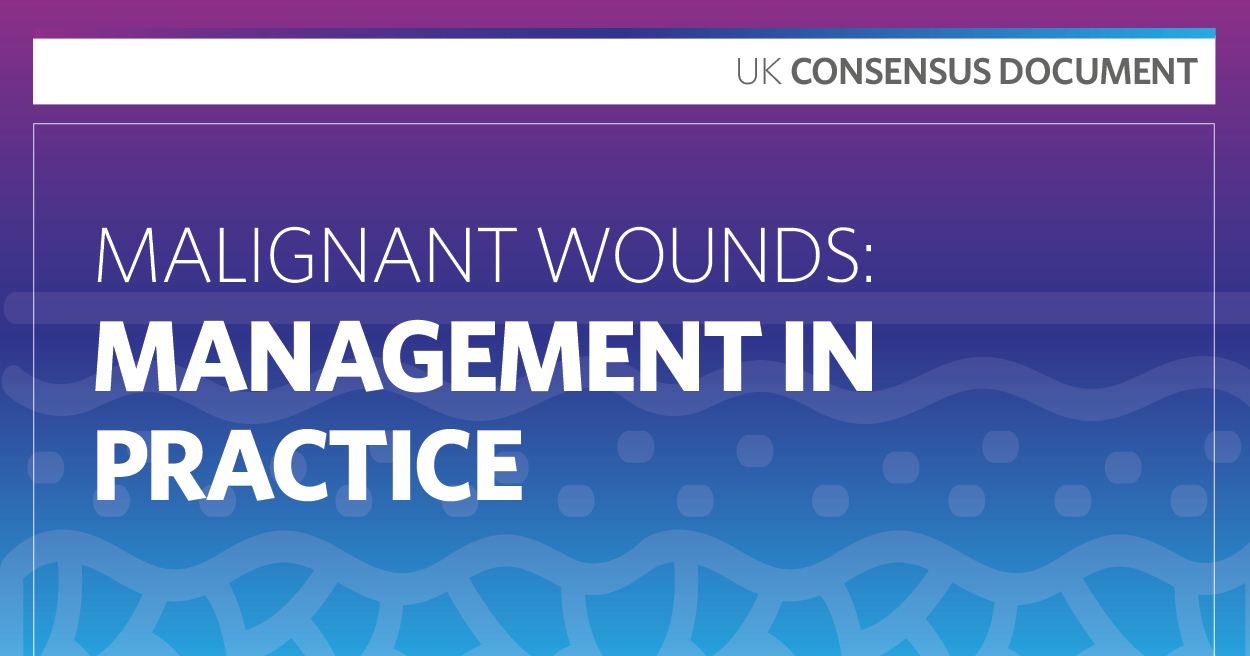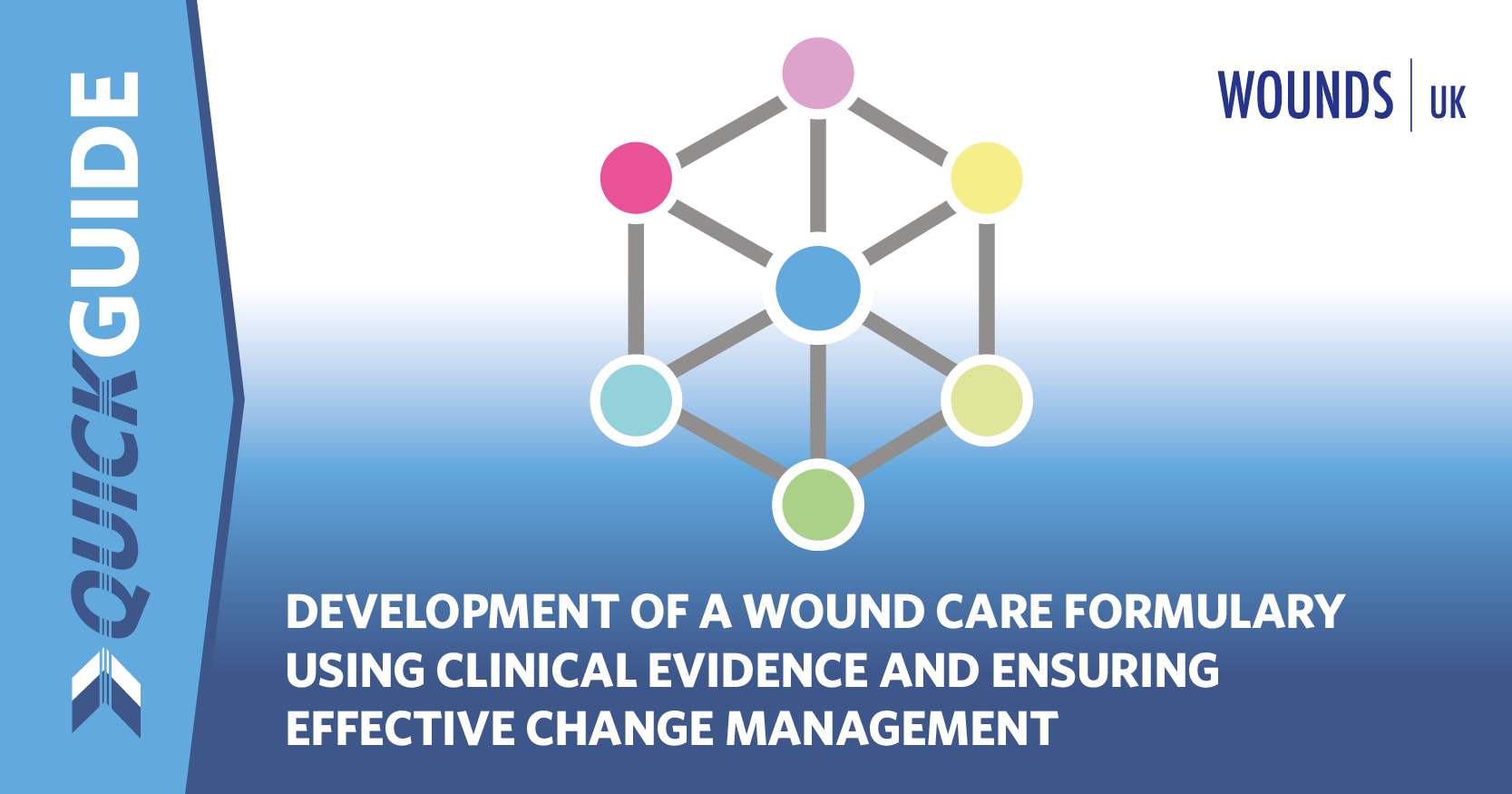We live in a digital age and for healthcare professionals there are many social media tools available: Twitter, Facebook, LinkedIn, YouTube and Instagram are a few of the popular platforms. Tools such as these can be used for professional networking, sharing of information and experiences, promotion of events or campaigns in public health. The term social media or social networking refers to internet-based applications where users create profiles, which allows them to connect to other individuals or groups. Those users can then communicate with each other, generating content themselves by sharing text posts, pictures or videos. In healthcare, social media sites can be used to debate, educate and interact in real time and has led to the evolvement of sites such as Tissue Viability Nurses UK, Lower Limb Clinicians and Footindiabetes on Facebook. These are closed membership groups for clinical specialists only and have up to 1,650 members per group. Users feel they can reflect, discuss, request advice and share research and information in a safe environment. To ensure confidentiality, the privacy settings are set in a way that it enables the network to expand but limits the exposure of information to people outside the network. In the current climate of working for the healthcare sector, especially for the NHS, is it is difficult to seek time for clinical supervision or have instant responses to a challenging situation, which the Facebook groups aim to achieve and bridge the gap for clinicians in all corners of the UK and internationally.







